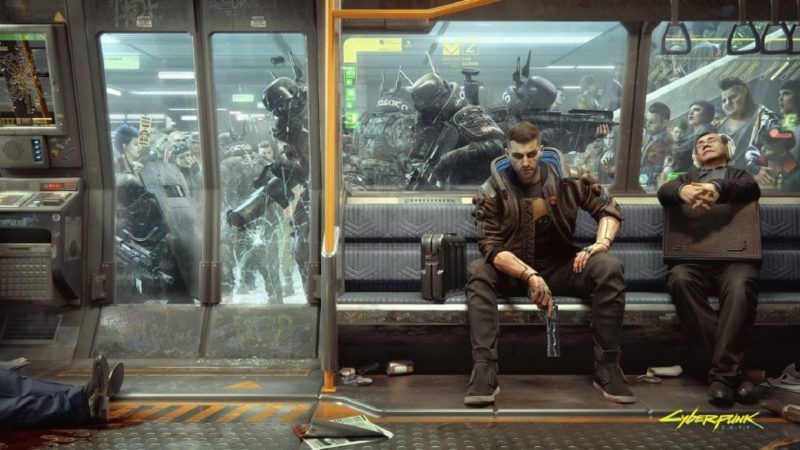The World Health Organization Classified Video Game Addiction as a Disorder. Now It's Telling People to Play Video Games.
Global health group supports industry-supported initiative to promote gaming, educate players about COVID-19.

Last year, the World Health Organization (WHO) officially classified video game addiction as a mental disorder. The classification is for people who demonstrate impaired ability to control their game playing and an "increasing priority given to gaming to the extent that gaming takes precedence over other life interests and daily activities," despite "the occurrence of negative consequences."
But now, with much of the global economy shuttered due to a pandemic, and health experts issuing increasingly strenuous recommendations for people to avoid leaving the house whenever possible, the WHO is encouraging people to stay home—and play video games.
The WHO is supporting a game industry initiative dubbed #PlayApartTogether, which is designed both to encourage people to play video games and to educate them about social distancing practices designed to slow the spread of the novel coronavirus. The initiative, according to USA Today, is backed by a roll call of major industry players, including Activision Blizzard, Riot Games, Unity Technologies, Amazon, Twitch, and YouTube Gaming.
There's nothing inherently contradictory about the WHO's messaging, but it does serve as a reminder that gaming has social and health benefits. Although video games have become far more popular in recent years, they are still sometimes subject to a cultural stigma, a perception that they are time-wasters at best, socially corrosive at worst. That stigma has been around for as long as I can remember, from the early 1990s congressional hearings on violence in games like Mortal Kombat to the continuing efforts by politicians and pundits to tie acts of real-world violence to playing video games—despite the persistent lack of evidence.
On the contrary, there is some evidence that video games can have health benefits, particularly when it comes to managing chronic pain. Multiple studies over the years have found that video games can help reduce physical pain and mental distress, control anxiety, and assist with trauma recovery. The reason why is simple: Games keep you engaged and focused on virtual tasks—and in the process, they distract you from what hurts, or from what nags at your mind. Today, with millions of Americans newly out of work, and many more stuck in an indefinite state of quasi-lockdown, it's unfortunately probable that there are a lot of anxious, distressed people out there. Video games won't solve their underlying problems. But they can distract them from those problems for a little while.
As I have written previously, many of today's games also serve another purpose as well, one that's increasingly valuable at a time when we've all been unexpectedly forced to become shut-ins: They connect you with other people. Multiplayer online games are joint activities for competitive and cooperative play, and some seem to act as much like social networks as anything else.
As for me, I've spent several recent evenings playing Doom Eternal, a high-energy, tactically complex, grindhouse throwback to the pulpy shooters of the 1990s. (If nothing else, its existence today, more than 25 years after Congress first took an interest in game violence, nearly all of which have seen declines in youth violence, suggests how misplaced the worries of the political class were.) And I've continued to plug away at Borderlands 3, which is currently serving up a smorgasbord of typically rare legendary weapons. Someday soon, I'll probably play Control. At least once a day, I've thought it's a real shame that Cyberpunk 2077, which is exactly the sort of gigantic, immersive game seemingly built for a nation of unexpected shut-ins, was pushed back from its original April release date.
What I've gained from these games hasn't changed, but now, perhaps, it's more valuable than ever: a break from the world, and a break from myself. Gamers have always understood the value of a little social distance.


Show Comments (37)